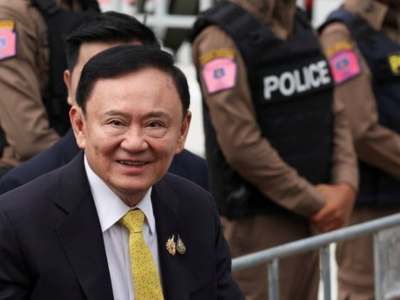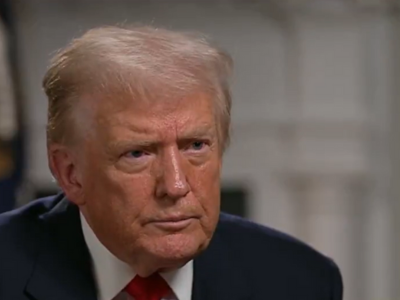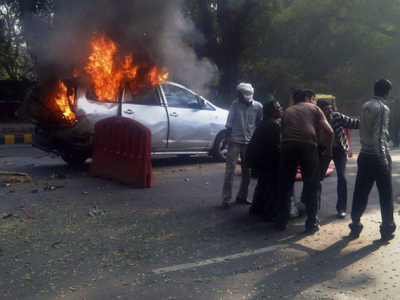Thailand’s Supreme Court Orders Former PM Shinawatra to Serve Prison Term
- by Admin.
- Sep 08, 2025

Credit: Freepik
Thailand’s Supreme Court has ruled that former Prime Minister Thaksin Shinawatra must serve a one-year prison sentence, determining that his previous hospital stay did not fulfill the terms of his 2023 conviction.
The decision marks a significant moment in the country’s long-running political saga involving one of its most influential figures.
Thaksin, 76, was originally sentenced to eight years in prison for corruption and abuse of power following his return from 15 years of self-imposed exile in August 2023.
That sentence was later reduced to one year through a royal pardon, and he was released early under provisions for elderly inmates.
However, instead of serving time in prison, Thaksin was admitted directly to a private hospital, citing health concerns.
In its ruling on Tuesday, the court stated that Thaksin’s medical condition was not severe enough to justify avoiding incarceration and that his hospital stay could not be considered time served. A warrant has been issued for his transfer to Bangkok Remand Prison.
The Shinawatra family has long been at odds with Thailand’s conservative military-royalist establishment. Thaksin’s populist policies and political dominance have drawn both fervent support and fierce opposition. His daughter, Paetongtarn Shinawatra, was recently removed from the prime minister’s office, further weakening the family’s political foothold.
Thaksin appeared at court alongside Paetongtarn, smiling for photographs. She later told reporters that her father remained “in good spirits” and continued to be viewed by supporters as a guiding figure in Thai politics.
Thaksin first rose to power in 2001 and was re-elected in 2005 before being ousted in a 2006 military coup. His return in 2023, which coincided with the resurgence of his Pheu Thai party, sparked speculation of a political arrangement and accusations of preferential treatment.
The court’s decision is likely to reignite debate over judicial independence and political influence in Thailand, as well as the broader implications for the country’s democratic trajectory.













0 Comment(s)